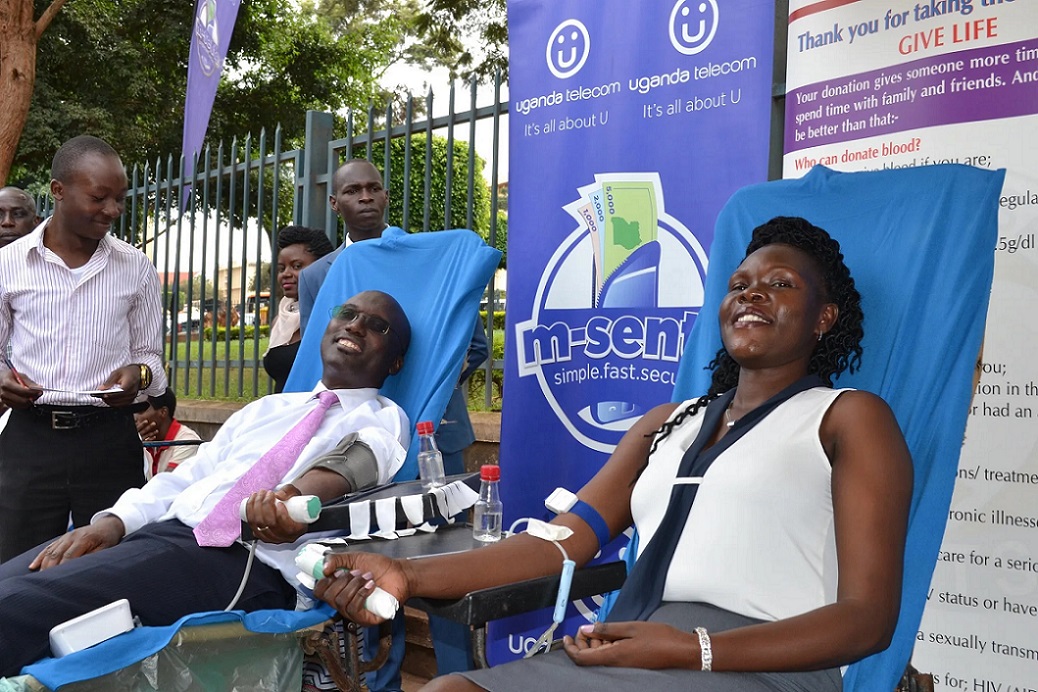In the period leading to the 2011 fall and subsequent death of Libyan Leader, Col Muammar Muhammad al-Gaddafi in October 2011, Uganda Telecom was a promising company.The previously state-owned telco…
The rise and death of Uganda Telecom and the birth of the new UTCL, a new 100% state-owned telco. But has Gov’t really learnt or forgotten anything?


